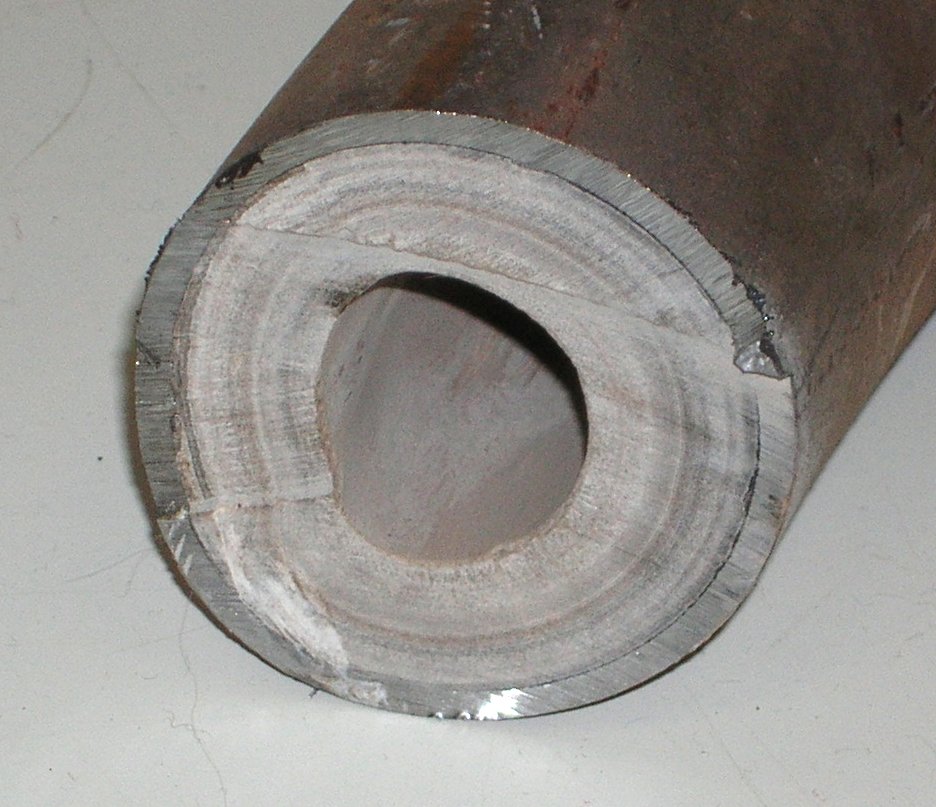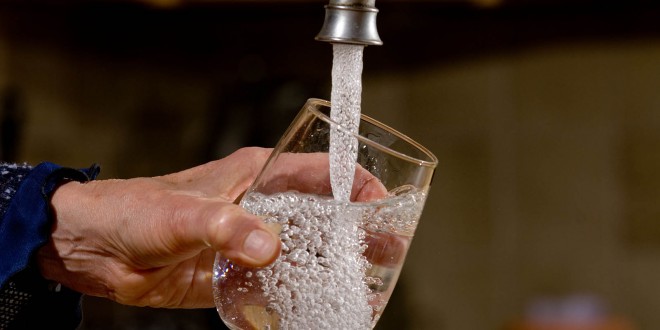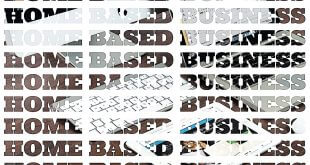Hard Water, Hard Cash: can your business save money by softening up?
Around 60% of the UK and 85% of the US’ water supply is considered to be ‘hard’. Basically, it contains elevated levels of magnesium and calcium that built up in water-using appliances to raise household energy bills by up to 25%.
Whether or not a water supply is considered abrasive is determined by the geographical make-up of the area that it flows through before reaching your taps. If the rocks are soft, these limescale-causing minerals can easily become picked up along the way.
How can I tell if the water is hard?
Lime scale build-up is most symptomatic of hard water. Limescale is the ugly white build up that often occurs around household surfaces, mainly in the kitchen and bathroom where taps are in frequent use.
Whilst limescale can cause your surfaces to appear unclean, this is the tip of the iceberg in terms of its ill-effects. Where limescale hits you in the pocket is in the areas you can’t see; most prominently inside pipes and appliances.

So why should I be worried?
The calcium and magnesium elements present in hard water have a tendency to build-up on the inner walls of pipes and on the inside surface of your boiler, obstructing water flow. The solid residue that is forms is notorious for reducing energy efficiency. In fact, just a 6mm thickness is estimated to reduce energy efficiency by around 6%, but in extreme cases this can reach as much as 25%!
Worse still, if the build-up is allowed to reach a certain level, it can cause the boiler metal to overheat, usually resulting in failure.
Will my business be affected?
In short, any business can be affected if their water supply is considered ‘hard’. Not only does it undoubtedly cause boiler issues, but it can also reduce the lifespan of water using appliances quite dramatically. In fact, it’s known to:
- reduce the lifespan of toilet flushing units by around 30%
- reduce the lifespan of water taps by 60%, and;
- reduce energy efficiency by around 6% from just a 6mm build-up in pipes
However, businesses in certain industries are naturally worse-affected than others. Probably one of the worst-off would be hospitality.
Limescale is notoriously difficult to firstly get rid of, but secondly keep away. Deposits left behind from hard water leave a streaky finish on glassware and crockery, and can mean cleaning bathrooms and showers takes a lot longer. It even uses more detergent as hard water doesn’t react as well with cleaning product as soft!
Bedding, soft furnishings and towels, which need to be in top condition for hoteliers come out of the wash much fluffier when washed in soft water, and if washed regularly, are likely to last up to 40% longer.
Finally, if your business has a kitchen, whether that’s a canteen for staff or a full-blown restaurant, you might be interested to learn that the quality of certain dishes can be compromised by the magnesium and calcium in hard water. This is most noticeable in vegetables and beans, as magnesium and calcium add extra reinforcement to their natural starchy coating. This slows down the cooking process and can stop the beans from cooking properly at all.
And it can even compromise your brew round… when hard water is boiled, particles of limescale float to the top, reacting with the natural properties in tea and coffee to form a film.
Softening your businesses water supply can save money. Although the most pressing issue is heating and energy efficiency, and the obvious concern for costly appliances, there are a number of ways you could be affected day-to-day. Installing a commercial water softener requiring minimal on-going maintenance can be quick and easy cost-cutting exercise.
 All The Frugal Ladies Personal finance with a feminine touch
All The Frugal Ladies Personal finance with a feminine touch








